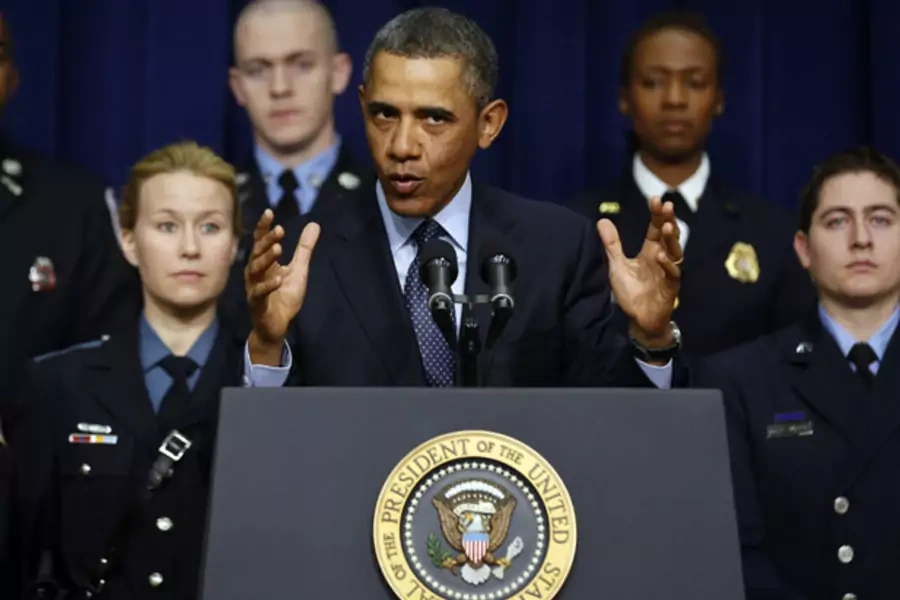The World Next Week: The Sequester Looms, Pope Benedict XVI Steps Down, and the Academy Awards Does Foreign Policy

More on:
The World Next Week podcast is up. Bob McMahon and I discussed the sequester, Pope Benedict XVI’s farewell, and the foreign policy-themed films nominated for the Oscar for Best Picture.
[audio: http://www.cfr.org/content/publications/media/editorial/2013/20130221_T…]
The highlights:
- Unless Democrats and Republicans find common ground soon—and it looks increasingly unlikely that they will—$85 billion in across-the-board spending cuts (the “sequester”) will hit the federal government’s FY13 budget next Friday. The cuts are split evenly between defense and domestic programs—entitlement programs like Social Security won’t be touched. Spending on salaries and benefits for the uniformed military, which accounts for roughly a third of the defense budget, also will escape the budget axe. The defense cuts instead will hit the other two-thirds of the Pentagon’s budget, which means things like procurement, research and development, and operations and maintenance. If the sequester goes into effect, it will add an additional drag on the economy and hold down economic growth, at least in the short run. States and localities that depend heavily on federal spending will feel the greatest impact. And the sequester may not be the last bad news that federal employees and contractors hear in March. The stop-gap spending measure that permits the federal government to operate expires on March 27. If the White House and Congress can’t reach agreement on a new one, the federal government will have to shut down.
- Benedict XVI is set to step down as pope next Thursday. When he does so, he will become the first pope in nearly six hundred years to abdicate. Benedict is scheduled to make his last public appearance, a general audience at the Vatican, next Wednesday. Cardinals from around the world will gather shortly thereafter for the conclave that will select Benedict’s successor. The new pope could be the first non-European to occupy the papacy in a very long time.
- The 85th annual Academy Awards show is scheduled to air on Sunday night. Viewers around the world will get the chance to see Hollywood’s brightest stars celebrate the best in the motion picture business. They will also get a small dose of foreign policy. Two of the films nominated in the Best Picture category this year—Argo and Zero Dark Thirty—tell the stories of critical events in American foreign policy. Both films are captivating to watch, but both also stray from the truth for dramatic effect.
- Bob’s Figure of the Week is $3 trillion. My Figure of the Week is Hamadi Jebali. As always, you’ll have to listen to the podcast to find out why.
For more on the topics we discussed in the podcast check out:
The sequester threatens to inflict massive funding cuts: The Washington Post has a comprehensive guide to the sequester, specifics on what programs would be hardest hit, and details on how the Pentagon is responding to potential cuts to the defense budget. Time reports on how the sequestration debate is separating fiscal conservatives from the other wings of the Republican Party.
The pope steps down: BBC News profiles the frontrunners in the search for the next pope. The Washington Post discusses Benedict XVI’s changes to papal election rules and the danger of gridlock. CNN describes conclave voting procedures and measures against fraud. NBC News writes on the influence American cardinals will have in choosing the next pope.
Foreign-policy-themed films get Oscar nominations: The New York Times writes on the conflicted relationship between politics and filmmaking. The Los Angeles Times reports on the controversy surrounding Zero Dark Thirty’s depiction of torture. The Huffington Post highlights truths and inaccuracies in Zero Dark Thirty and Argo.
More on:
 Online Store
Online Store